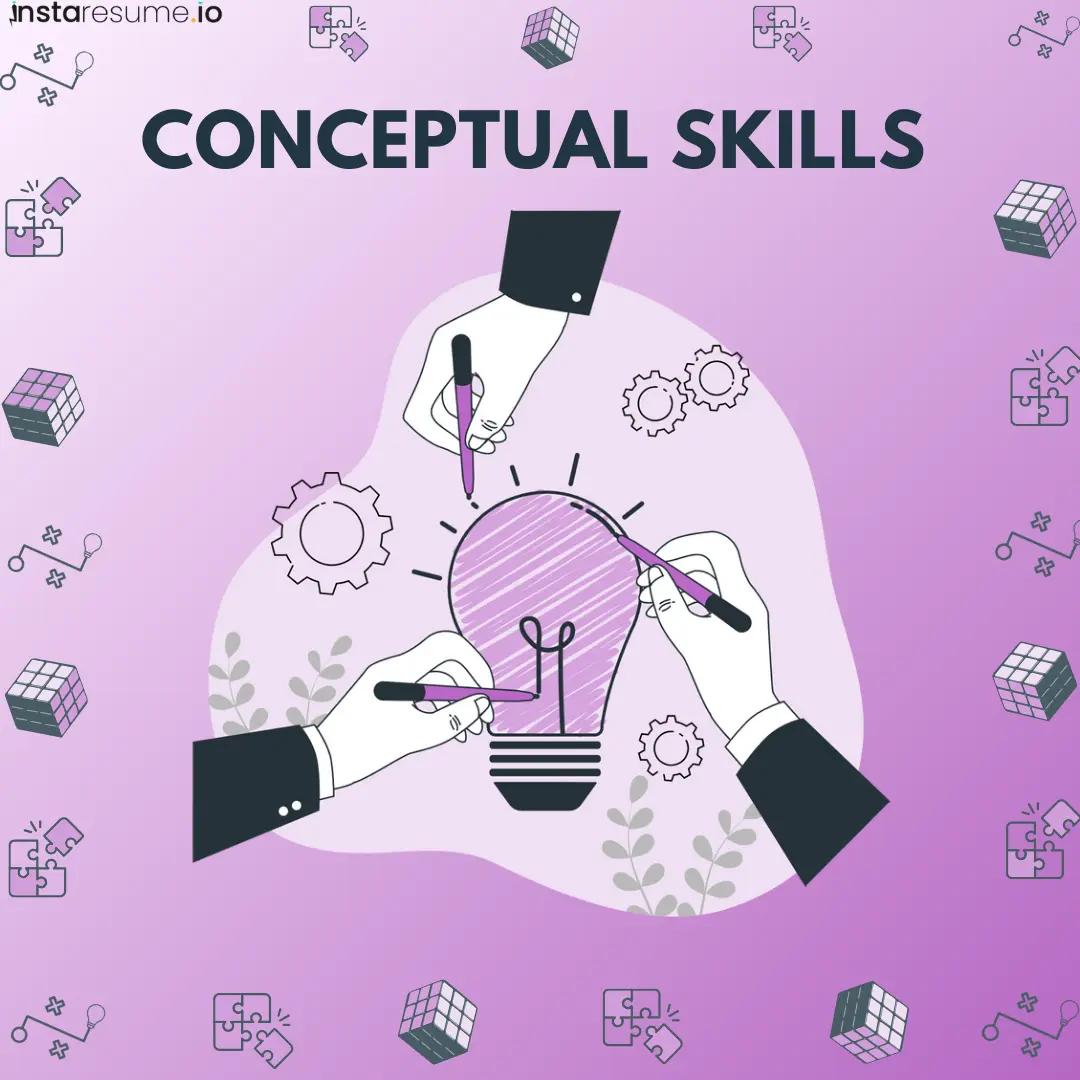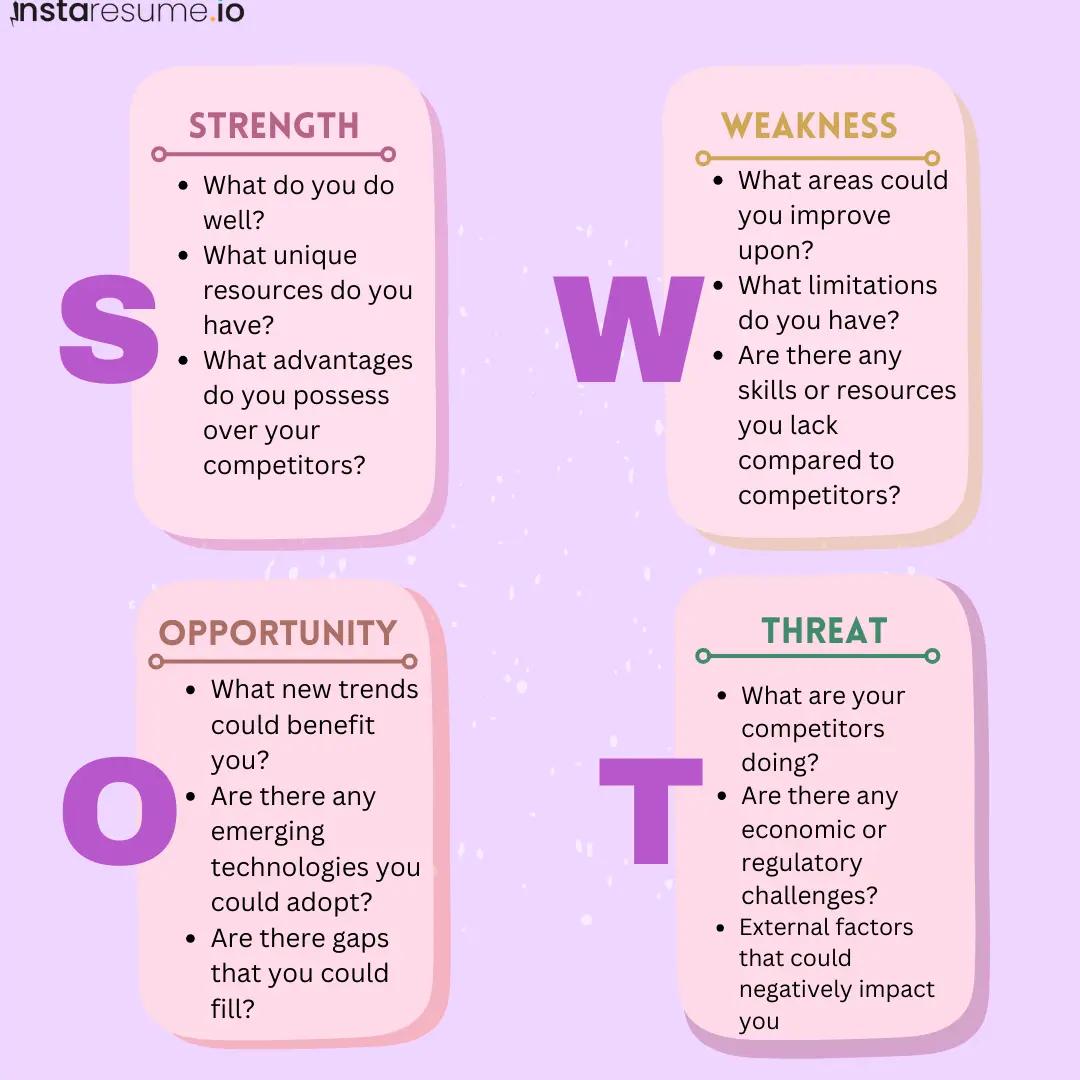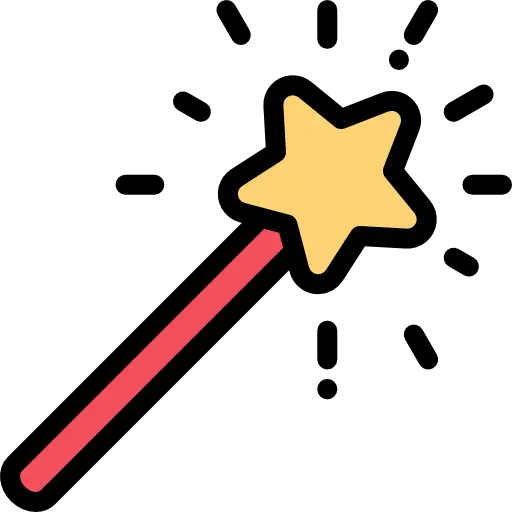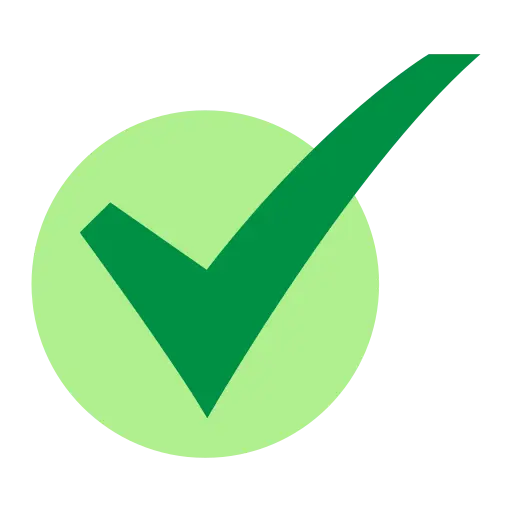What Are Conceptual Skills? Definition & Examples
Trust Score: 4.7
361 reviews

Table of Contents
What are conceptual skills?
In today’s fast-paced professional world, conceptual skills are more than just a buzzword — they’re a core leadership trait that sets top performers apart. Whether you’re a manager, entrepreneur, or aspiring leader, understanding what conceptual skills are — and how to develop them — can dramatically impact your decision-making, strategic thinking, and career growth.
In this guide, we’ll explain the definition of conceptual skills, explore real-world examples, and show you why mastering these abilities is crucial for success in modern workplaces. From problem-solving and innovation to team management and planning, you’ll learn how these higher-order thinking skills help transform ideas into actionable results.
If you’ve ever wondered how great leaders visualize the bigger picture while keeping operations smooth — this article breaks it all down for you.
Why conceptual skills are important?
In today's dynamic environment, conceptual skills are vital for several reasons:
 Strategic Planning: They allow individuals to anticipate future trends and plan accordingly.
Strategic Planning: They allow individuals to anticipate future trends and plan accordingly. Problem-Solving: By understanding the underlying principles of issues, one can develop effective solutions.
Problem-Solving: By understanding the underlying principles of issues, one can develop effective solutions. Innovation: Connecting disparate ideas can lead to groundbreaking innovations.
Innovation: Connecting disparate ideas can lead to groundbreaking innovations. Leadership: Leaders with strong conceptual skills can articulate a clear vision and guide their teams effectively.
Leadership: Leaders with strong conceptual skills can articulate a clear vision and guide their teams effectively.
Who uses conceptual thinking?
Conceptual thinking is utilized across various roles and industries:
 Managers: To develop strategies and make informed decisions.
Managers: To develop strategies and make informed decisions. Educators: To design curricula that foster critical thinking.
Educators: To design curricula that foster critical thinking. Engineers: To innovate and solve complex technical problems.
Engineers: To innovate and solve complex technical problems. Healthcare Professionals: To understand patient needs and improve care delivery.
Healthcare Professionals: To understand patient needs and improve care delivery.
How to ace conceptual skills
Developing conceptual thinking involves enhancing your ability to understand complex ideas, identify patterns, and connect seemingly unrelated concepts. Here are several strategies to help you start thinking more conceptually:
1. Engage in Active Listening
Pay close attention during discussions, lectures, or conversations. Active listening allows you to fully grasp the information being shared, which is essential for connecting ideas and forming broader concepts.
2. Observe and Reflect
Take time to observe your environment and reflect on your experiences. Being observant helps you notice patterns and relationships between different elements, fostering deeper understanding.
3. Ask Probing Questions
Cultivate curiosity by asking questions that delve deeper into subjects. Inquiring beyond the surface encourages exploration of underlying principles and connections.
4. Keep an Open Mind
Embrace new ideas and perspectives. An open mind allows you to consider alternative viewpoints and integrate diverse concepts into your thinking.
5. Brainstorm Regularly
Set aside time for brainstorming sessions where you generate a wide range of ideas without immediate judgment. This practice promotes creative thinking and the ability to see multiple solutions to a proble
6. Utilize Visual Tools
Employ graphic organizers, such as mind maps or flowcharts, to visually represent relationships between concepts. These tools can help you structure your thoughts and see the bigger picture.
7. Read Widely
Expose yourself to a variety of subjects and disciplines. Reading diverse materials broadens your knowledge base and provides new frameworks for understanding complex ideas.
8. Collaborate Across Disciplines
Engage with individuals from different fields or departments. Collaborating with others who have varied expertise can introduce you to new ways of thinking and problem-solving.
9. Reflect on Your Thinking Process
After completing a task or project, take time to evaluate your thought process. Consider what worked, what didn’t, and how you can approach problems differently in the future.
10. Embrace Challenges
Seek out opportunities that push you out of your comfort zone. Facing new challenges encourages you to think critically and adapt to unfamiliar situations, enhancing your conceptual thinking abilities.
Conceptual skills in management
For which level of management are conceptual skills particularly important? These skills are especially crucial for top-level management, as they help leaders understand complex situations, develop strategies, and make decisions that impact the entire organization. Executives and senior managers rely on conceptual skills to analyze trends, solve problems, and create long-term business plans, ensuring the company stays competitive and aligned with its goals.
Examples of conceptual skills
Identifying conceptual skills can be tricky, as they encompass a wide range of abilities that are not always easy to teach. Recognizing these skills is essential for providing effective responses during interviews, as it enables you to understand what the hiring manager is truly seeking. Additionally, you may encounter language in job advertisements that hints at these conceptual skills. By grasping the underlying intent behind such language, you can better prepare to offer examples and experiences that demonstrate your proficiency in these critical areas. Here are some examples of conceptual skills:
Critical Thinking
Critical thinking is a valuable skill that involves analyzing information objectively, evaluating different perspectives, and making informed decisions. It allows individuals to assess situations rationally, identify underlying assumptions, and consider evidence before drawing conclusions. Critical thinkers are able to recognize logical inconsistencies, detect biases, and separate fact from opinion. This skill enables individuals to solve problems effectively, make sound judgments, and approach challenges with clarity and insight. In today's complex and rapidly changing world, critical thinking is essential for success in both academic and professional endeavors.
Problem-Solving
Problem-solving is a crucial skill that involves identifying, analyzing, and resolving challenges or issues effectively. It requires individuals to assess the situation, define the problem, and explore various solutions to address it. Problem-solvers employ logical reasoning, creativity, and resourcefulness to overcome obstacles and achieve desired outcomes. They break down complex problems into manageable parts, consider different perspectives, and evaluate the potential impact of each solution. By implementing practical strategies and adapting to changing circumstances, problem-solvers can navigate uncertainties and contribute to positive outcomes in both personal and professional settings.
Decision-Making
Decision-making is the process of selecting the best course of action from among several alternatives. It involves evaluating available options, considering relevant information and potential consequences, and choosing the most appropriate solution to achieve a specific goal or desired outcome. Effective decision-makers employ critical thinking skills, weigh the pros and cons of each option, and assess the risks involved. They also consider factors such as time constraints, resource availability, and the preferences of stakeholders. By making informed and timely decisions, individuals can address challenges, capitalize on opportunities, and contribute to the success of projects, organizations, and personal endeavors.
Creativity and Innovation
Creativity and innovation are essential skills that involve generating new ideas, concepts, or solutions to address challenges and create value. Creativity encompasses the ability to think differently, explore new perspectives, and generate original concepts or products. It involves breaking free from conventional thinking patterns, embracing ambiguity, and taking risks to explore novel possibilities. Innovation, on the other hand, involves implementing creative ideas to bring about positive change or improvement. It requires individuals to experiment, iterate, and adapt to feedback in order to develop innovative solutions that meet the needs of users or customers. Both creativity and innovation are critical for driving growth, fostering competitiveness, and solving complex problems in various domains, including business, technology, and the arts.
Strategic Planning
Strategic planning is a systematic process that organizations use to define their vision, mission, and long-term objectives. It involves analyzing internal and external factors, identifying opportunities and challenges, and formulating strategies to achieve organizational goals. Strategic planners assess the organization's strengths, weaknesses, opportunities, and threats (SWOT analysis) to develop actionable plans and allocate resources effectively. They set priorities, establish milestones, and create roadmaps for implementation, monitoring progress, and making adjustments as needed. Strategic planning helps organizations anticipate changes, capitalize on opportunities, and navigate uncertainties to ensure sustainable growth and success in competitive environments.
Visionary Leadership
Visionary leadership is a style of leadership that involves inspiring and motivating others towards a shared vision of the future. Visionary leaders articulate a compelling vision that resonates with followers, inspiring them to work towards common goals and aspirations. They possess the ability to see beyond the present circumstances, envisioning possibilities and opportunities that others may overlook. Visionary leaders communicate their vision effectively, instilling a sense of purpose and direction among team members. They empower individuals to contribute their ideas and talents towards achieving the shared vision, fostering innovation, and driving positive change. By leading with vision and passion, visionary leaders inspire others to reach their full potential and create lasting impact in their organizations and communities.
Systems Thinking
Systems thinking is a holistic approach to understanding complex systems by examining their interrelationships, dynamics, and patterns of behavior. It involves analyzing how different components within a system interact with one another and how these interactions influence the overall behavior and outcomes of the system. Systems thinkers consider the interconnectedness of various elements and recognize that changes in one part of the system can have ripple effects throughout the entire system. This approach encourages individuals to look beyond isolated events or individual components and consider the broader context in which they operate. By adopting a systems thinking mindset, individuals can gain insights into the underlying structures and dynamics of complex systems, anticipate unintended consequences, and develop more effective strategies for addressing systemic challenges and promoting sustainable solutions.
These examples illustrate how conceptual skills encompass a range of abilities that are essential for effective problem-solving, decision-making, and leadership in both personal and professional contexts.
What is SWOT Analysis?
SWOT analysis is a planning tool. In today's world hiring individuals look for individuals with string problem solving strategies.
SWOT (Strength, Weakness, Opportunity, Threat) Analysis Template
It helps people and groups assess their strengths, ability to analyze, weaknesses, opportunities, threats, trends and choose right skill set. They use it in relation to their goals. When considering SWOTE analyzing in relation to conceptual skills and leadership skills , it becomes a valuable framework for people and leaders to leverage their abilities effectively.
Strengths
Conceptual skills enable individuals to identify and capitalize on their strengths. Good conceptual skills include involve problem solving, critical thinking skills, communication skills ,problem solving skills analysis, and critical thinking. They can identify patterns, listen well, stay open-minded, and spot trends and opportunities in their organizations. They can envision innovative strategies, effectively communicate , provide potential solutions , set ambitious goals, and inspire teams to achieve success.
Weaknesses
SWOT analysis helps identify areas where thinking skills may be lacking and improve problem solving abilities. Recognizing weaknesses allows individuals to invest in actively listen, solving complex problem , training, mentorship, or professional development opportunities to enhance their conceptual thinking abilities.
Opportunities
Conceptual skills empower individuals to identify opportunities for growth, innovation, and improvement within their organizations. People can use their thinking skills to understand bigger picture, market trends, customer needs, and industry changes to stay competitive.
Threats
SWOTE helps people recognize possible challenges that could affect their use of conceptual skills. These threats could include rapid technological changes, shifts in market dynamics, or internal organizational issues. By understanding and addressing threats, people can mitigate risks and proactively navigate challenges.
New Trends
Conceptual skills allow individuals to anticipate and adapt to emerging trends in their industry or market. Individuals can use their knowledge of new technologies, consumer trends, and global changes to come up with new ideas. They can also adjust strategies solve complex problem and take advantage of new opportunities.
In summary, SWOTE assesses provides a structured and step by step framework for people to analyze and leverage their conceptual skills effectively. People can make better decisions, improve technical skill and succeed by focusing on strengths, weaknesses, opportunities, and threats. They should also stay aware of trends in the business environment. This will help them improve decision-making and achieve success.
People can stay ahead of competition by keeping up with new trends and developments in their industry. This will help them position their organization for success.
Staying informed about industry changes is crucial for maintaining a competitive edge. By being proactive and adapting to new trends, individuals can ensure their organization remains successful. This could involve attending industry conferences, networking with other professionals, or simply keeping up to date with industry publications and news.
By continuously honing their conceptual skills and staying adaptable, individuals can ensure that they are well-equipped to navigate the ever-changing business landscape. Ultimately, the ability to anticipate and adapt to new trends is crucial for long-term success in any industry.
People can improve their thinking skills by using SWOT analysis. They can also make smart choices by keeping up with trends. These actions can help their organization succeed.
How to improve conceptual skills?
Improving conceptual skills involves developing the ability to think critically, creatively, and strategically. Here are some strategies to enhance conceptual skills:
Read widely
Reading a lot is important to learn more about the world. By reading different things like books and articles, you can learn new things and get different perspectives. This can help you understand things better and learn things you might not have known before.
Foster creativity
Fostering creativity is essential for personal growth and development. By cultivating a creative mindset, individuals can unlock their potential and tap into their imagination to come up with unique and innovative ideas. One way to foster creativity is through brainstorming ideas, where individuals can freely explore and generate new concepts without judgment. This process allows for the exploration of different perspectives and encourages thinking outside the box.
Strategic Thinking
Look at the whole picture, predict future trends, make long-term plans to reach your goals. By thinking creatively, people can discover their abilities and use their imagination to create new and original ideas.
Seek feedback
Solicit input from peers, mentors, or experts to gain insights into your thought processes and areas for improvement.
Embrace lifelong learning
Stay curious and open-minded, continuously seek new experiences, and actively seek out opportunities for personal and professional growth.
Reflect and refine
Regularly reflect on your experiences, successes, and failures, and use them as opportunities to refine your conceptual skills and adapt your approach accordingly.
By incorporating these strategies into your daily routine, you can strengthen your conceptual skills and become a more effective problem-solver, decision-maker, and innovator in both personal and professional contexts.
FAQs
Enhancing your understanding of conceptual skills is crucial for effective leadership and strategic planning. Below are some frequently asked questions (FAQs) that provide insights into various aspects of conceptual skills:
1. What are conceptual skills?
Conceptual skills involve the ability to think abstractly, understand complex concepts, and develop strategic plans. These skills help individuals see how various parts of an organization or project fit together and influence each other.
2. Why are conceptual skills important in the workplace?
Conceptual skills are essential for effective leadership, strategic planning, and successful project management. They enable individuals to navigate complex situations, make informed decisions, and drive innovation within an organization.
3. How can I develop and improve my conceptual skills?
To enhance your conceptual skills, consider developing a reading habit, volunteering to be a team leader, and embracing open-mindedness. Engaging in activities that challenge your abstract-thinking abilities can also be beneficial.
4. Can you provide examples of conceptual skills?
Examples of conceptual skills include abstract-thinking skills, active-listening skills, analytical skills, communication skills, creative-thinking skills, decision-making skills, human skills, leadership skills, managerial skills, and problem-solving skills.
5. How do conceptual skills differ from technical and human skills?
Conceptual skills involve strategic planning and abstract thinking, technical skills pertain to specific knowledge and expertise in a particular area, and human skills refer to the ability to interact effectively with others. All three are important but serve different purposes within an organization.
6. What role do conceptual skills play in leadership?
In leadership, conceptual skills are crucial for strategic planning and decision-making. They enable leaders to understand complex situations, see the bigger picture, and develop innovative solutions that benefit the entire organization.
7. Are conceptual skills relevant in the era of automation?
With the rise of automation, the need for conceptual skills is likely to shift toward a greater need for data interpretation and strategic insights. People will be valued more for their ability to make sense of large amounts of data, find patterns, and draw useful conclusions as machines take over routine tasks.
8. How can conceptual skills enhance problem-solving abilities?
Conceptual skills allow individuals to understand complex situations and see the bigger picture, which enhances their problem-solving abilities. They can identify potential solutions and opportunities, contributing significantly to their team and company.
9. What is the relationship between conceptual skills and innovation?
Employees with well-developed conceptual skills can drive innovation by thinking abstractly, understanding complex concepts, and developing strategic plans. These abilities enable them to come up with innovative solutions to challenging problems.
10. How can I highlight my conceptual skills in a job application?
Emphasize your conceptual skills in your resume and cover letter by providing examples of how you've used them in past roles. Discuss situations where you've navigated complex situations, developed strategic plans, or driven innovation.
By understanding and developing your conceptual skills, you can enhance your leadership capabilities, improve problem-solving, and drive innovation within your organization.
Conclusion
In today's fast-paced business world, it's crucial to think conceptually. This means understanding current events and quickly adjusting to changes in technology, globalization, and the market. Leaders can make better decisions , solve complex problems and complex situations and help their organization succeed by improving their ability to understand and predict trends.
Conceptual skills , analytical skills and leadership skills are essential for effective leadership in today's business world. Leaders with strong strategic plans can handle uncertainty, encourage innovation, and guide their teams towards success.
In today's fast-paced business world, individuals must think conceptually. This involves seeing the big picture and adapting quickly to changes in technology, globalization, and the market. Leaders can improve by understanding ideas, predicting trends, finding opportunities, and making wise decisions for organizational success.
Conceptual skills are vital for effective leadership in the modern business environment. Strong conceptual skills enable leaders to navigate uncertainty, foster innovation, and lead their teams towards success.







